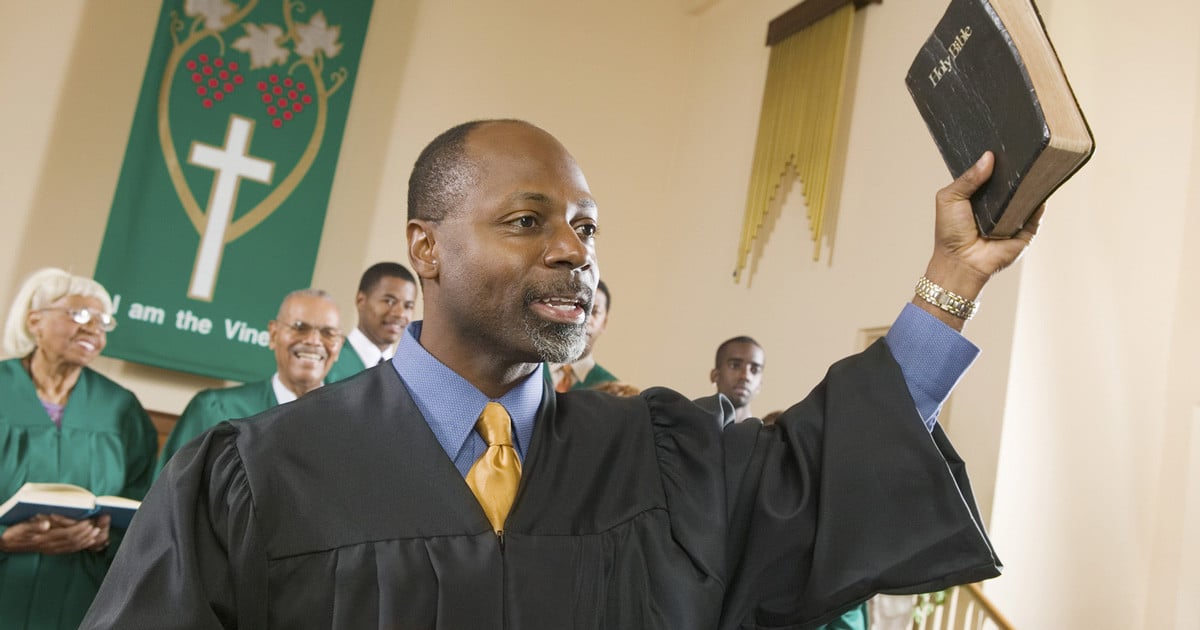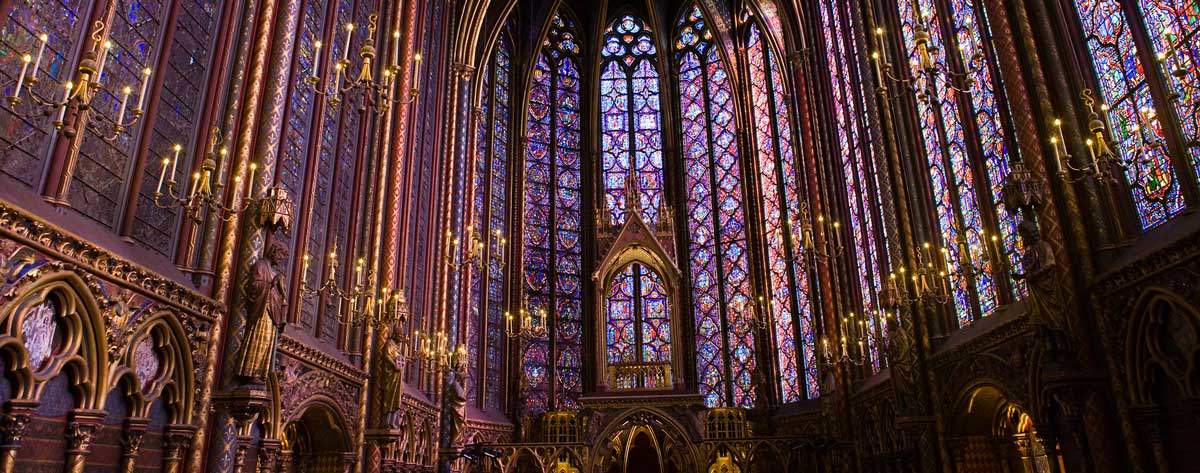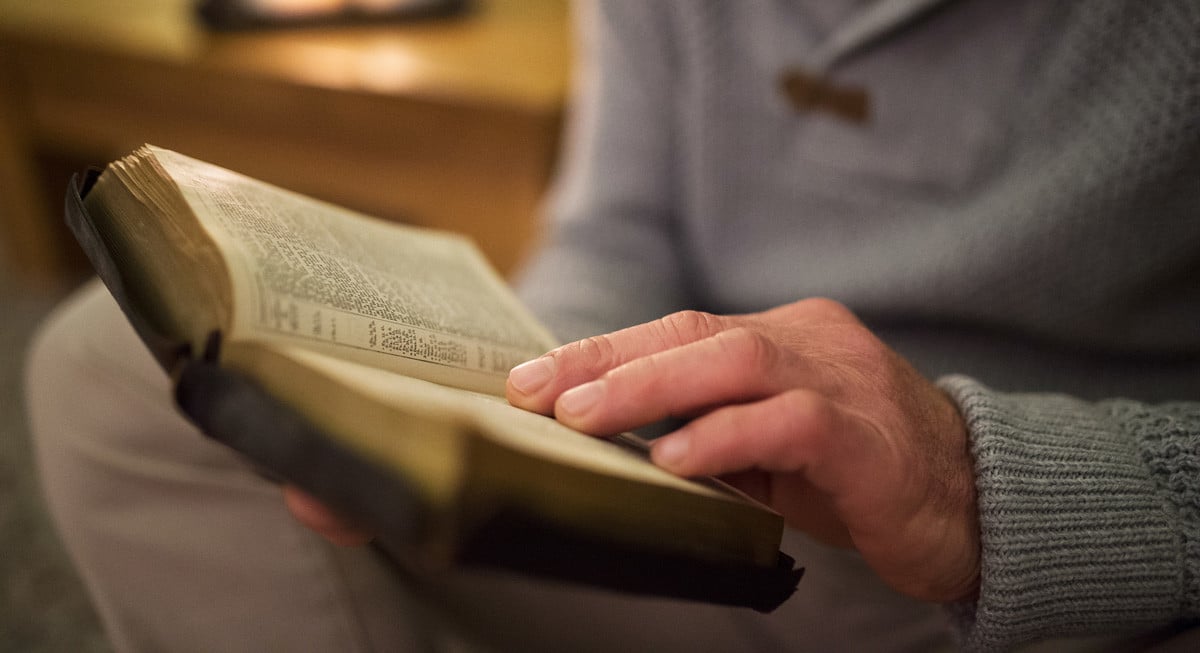At the heart of Christian community and identity is the worship of God. It is a reminder that we are not at the center of the universe, nor the source of all meaning and values. It is the recognition that we are dependent creatures, and that there is a Creator who shapes the purpose of our existence. It is the celebration of the Incarnation, with all that we gain from knowing Jesus, sitting at his feet, and participating in wonder and praise in the awful redemptive drama of the Passion and Resurrection. It is the expression of the indwelling Spirit who teaches us how to see into heaven itself, while remaining firmly grounded in the realities of this world. Worship is our religious center. Giving shape to its public expressions is a challenging and rewarding ministry. Because of the variety of worship expressions throughout the Bible, and, at the same time, the minimal amount of specific biblical teaching regarding preferred or optimal practices of public worship, there has been much debate about the idea and methods of Christian worship. Yet all Christian denominations recognize the great importance of these rites, sharing, at minimum, the following affirmations:
- Worship is God-focused; it is the ascribing of worth to the One who is truly worthy.
- Worship is both personal and communal.
- The rituals of public worship are a dialogue between God and God’s people.
- The Psalms are central to Christian worship, carrying a long tradition of prayer and devotional dialogue with God in manymoods and voices.
- The sacraments are an integral part of the practices of public worship.
Central and unique to Christian theology, among the many religious systems of the world, is our understanding, gained through divine revelation, that the one creator God exists as a community of three persons, Father, Son and Holy Spirit. This testimony emerged from both Jesus’ clear declarations and also from the experience of faithful Jews, who believed in God, affirmed the divinity of the man Jesus, and received the empowering of the Holy Spirit commencing from Pentecost. Thus, the foundational documents binding all Christians together are the Ecumenical Creeds (Apostles Creed, Nicene Creed, Athanasian Creed), each of which focuses on the Trinity as the primary confession of the church.
Throughout history, Christians have probed the nuances of these foundational testimonies. Influenced by cultural changes and challenges, a number of different families of theological reflection have emerged. Our approach at CLC lies within the Reformed tradition, built upon the expansive insights of John Calvin at the time of the Protestant Reformation. Central to this theological approach are these emphases:
- The distinction between “regeneration” (God’s one-time act accomplished solely through the work of Jesus) and “sanctification” (God’s on-going transformative activity taking place in partnership with redeemed persons and communities).
- The “Presbyterian” form of church structure, built around the primacy (but not independence) of the local congregation governed by Elders and Deacons who are called and elected from the membership because of their obvious spiritual gifts.
- Appreciation of the sacraments as two in number (Baptism and the Lord’s Supper), each being a sign and seal of God’s redemptive love, but not actually transacting merit.
- Viewing the “Law of God” as not only normative for creation and as announcing human sinfulness, but also as guiding our redeemed response of sanctified living.
